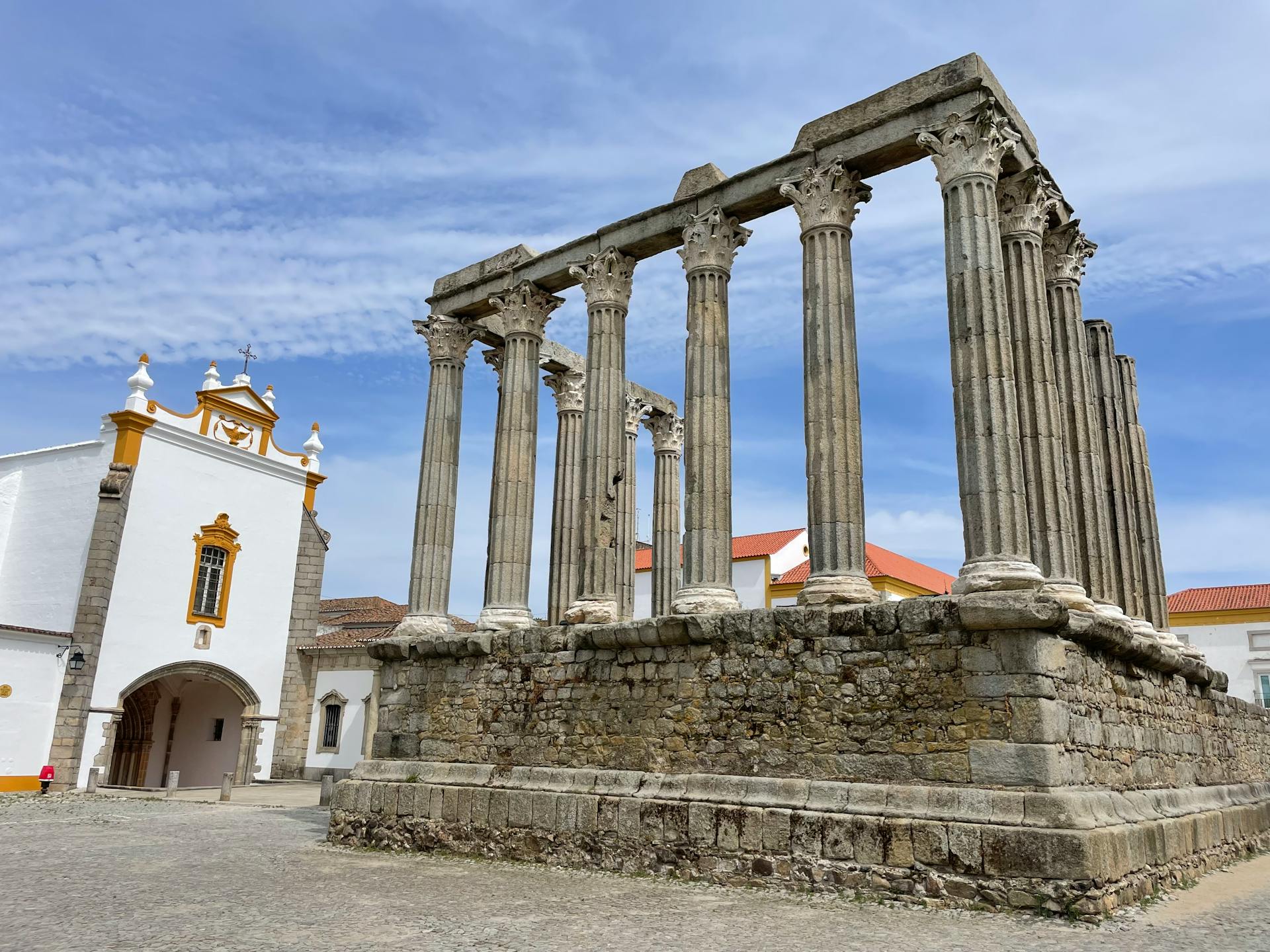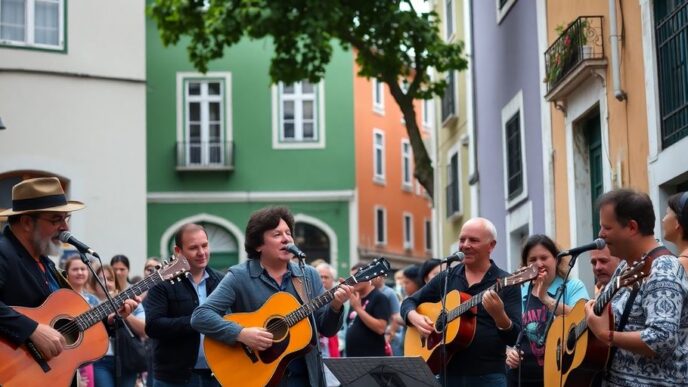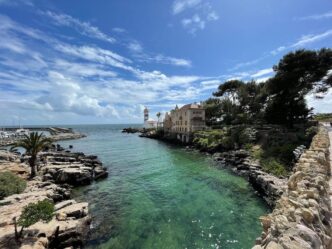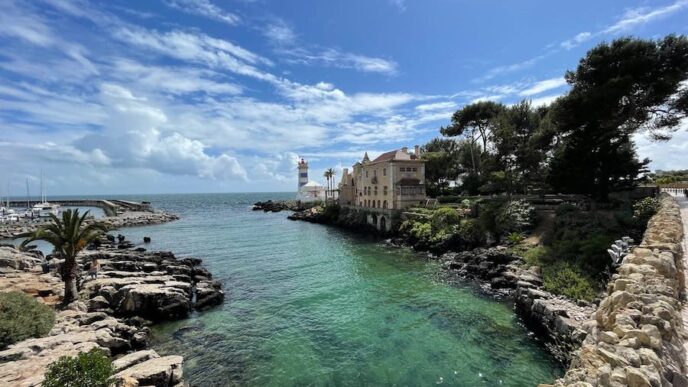Echoes of Empire: A Journey Through Portugal’s Roman Ruins
Portugal, a land steeped in history and breathtaking landscapes, whispers the legacy of a once-mighty empire—Rome. Across the country, remnants of the Roman province of Lusitania reveal a world of sophisticated cities, religious diversity, and enduring cultural influence.
Let’s have a quick look around the country, from south to north, at some of the best known of these captivating ruins:
Conímbriga: A City Unveiled
Among the most extensive Roman settlements in Portugal, Conímbriga stands as a marvel of ancient urban life. Located near Coimbra, this treasure trove boasts exquisitely preserved mosaics, a bustling forum, and the remnants of thermal baths.
Wander through the House of Fountains, its intricate mosaics and vibrant gardens offering a glimpse into the grandeur of Roman domestic life.
- Extra: Conímbriga likely originated as an Iron Age settlement, later flourishing under Roman rule. Excavations have unearthed an amphitheater and defensive walls, hinting at its significant size and importance.
- Getting There: Conímbriga lies 15km south of Coimbra, easily accessible by car or bus.
Miróbriga: Baths, Bridges, and a Hippodrome
The ruins of Miróbriga, near Santiago do Cacém, unveil the remarkable engineering skills of the Romans. Its centerpiece is a well-preserved thermal bath complex, complete with elaborate heating systems. Explore the remnants of a Roman bridge, a temple, and even the vestiges of a hippodrome – one of the few known Roman circuses in Portugal.
- Notable: Miróbriga’s thermal baths speak volumes about the Roman emphasis on leisure and hygiene.
- Location: Easily reachable from Santiago do Cacém via car or public transportation.
Milreu: Where Faiths Converge
In the sun-kissed Algarve, the captivating Milreu ruins showcase the fascinating blend of local and Roman religious traditions. Discover a luxurious Roman villa adorned with stunning mosaics and the remnants of a temple dedicated to water deities.
This unique site reveals how native beliefs blended with those of the Roman Empire.
- Interesting: The elaborate mosaics in Milreu are among the finest examples of Roman artistry in Portugal, with geometric patterns and vibrant depictions of marine life.
- Getting There: The Milreu ruins are located near the town of Estoi, a short drive from Faro.
Ammaia: Unveiling the ‘Lost City’
Tucked away in the São Mamede Natural Park, the atmospheric ruins of Ammaia are a testament to the past. Explore the partially reconstructed forum arch, dwellings, and a forum, gaining insights into the layout of a lesser-known Roman provincial city.
- History: Ammaia was likely abandoned in the 5th century AD and rediscovered centuries later, earning its “lost city” moniker.
- How to Get There: Ammaia’s secluded location makes it a true adventure. Reaching it requires driving or hiking within the São Mamede Natural Park.
Troia: Fish, Faith, and Roman Industry
On the Troia peninsula, uncover an extensive archaeological site that reveals the Romans’ industrious spirit. Here, the remains of a vast fish-salting complex speak of a thriving production center that fueled the empire’s economy.
You’ll also encounter the vestiges of a mausoleum and thermal baths, blending industry with daily life.
- Location: The Troia ruins are accessible by ferry from Setúbal.
Rome’s Enduring Legacy
Through these ruins, Portugal reveals the indelible mark left by the Roman Empire. This transformative era shaped Portugal’s architecture, language, and legal foundations. As you stand amidst these echoes of empire, imagine the lives of those who built these cities, worshipped in these temples, and sought leisure in these baths. Let these ruins transport you to a time of power, innovation, and the timeless human need to leave a lasting legacy.













